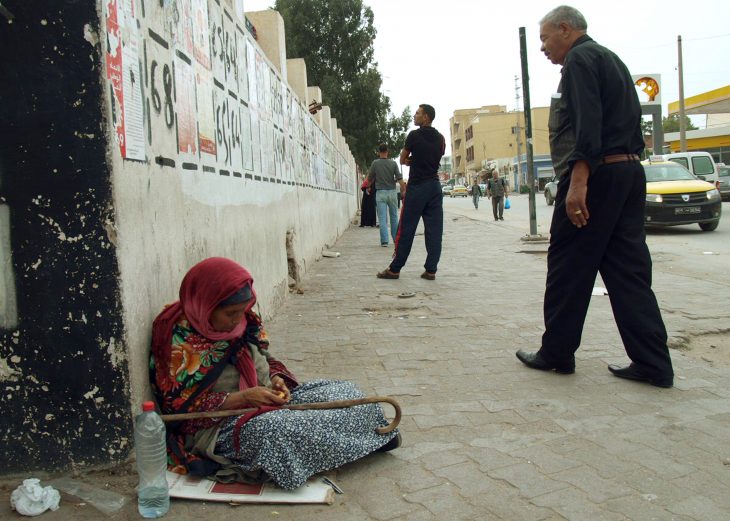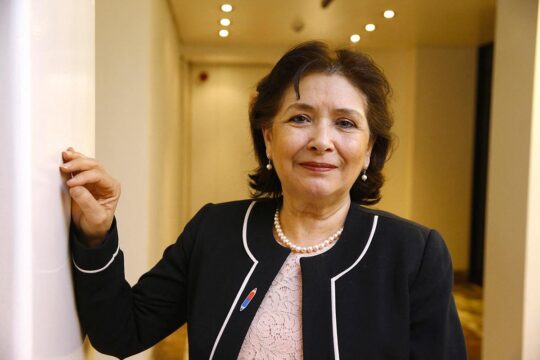Victims of the Tunisian dictatorship say the country’s ongoing transitional justice process is politicized and too bureaucratic. Some want to have a more direct voice in it.
These are some of the findings of a report by the research project Transitional Justice Barometer.
The Barometer is a research project started in 2014, born of a partnership between the Kawakibi Centre for Democratic Transitions (Tunisia), the Applied Human Rights Centre of the University of York (UK) and Impunity Watch (Netherlands). The project is financed by the Netherlands Organization for Scientific Research.
Its 100-page report, entitled “Victim participation in the transitional justice process: to participate is to have hope”, presents the results of its first qualitative survey. Using scientific methodology and a participative approach, the aim was to understand the impact of restorative justice on victims’ lives and make recommendations for better participation of victims in all the upcoming stages of the transitional justice process in this pioneer country of the “Arab Spring”. Several eminent transitional justice experts such as Kora Andrieu (Impunity Watch), Wahid Ferchichi (Kawakibi Centre) and Simon Robins (University of York) helped carry out the survey.
“Tainted by politics and ideology”
“Participation has up to now been understood as the capacity to influence and improve transitional justice mechanisms by helping victims to be more autonomous, in such a way that they can change their relationship with the State,” say the report’s authors. “Our survey aimed to verify these presuppositions in an empirical way at a time when any obstacles and difficulties can still be corrected. In general, this research hopes to contribute to international debate on victim participation in transitional justice.”
In Tunisia, the political and ideological divide that split the country after the elections of October 23, 2011 have affected transitional justice. Hence the “victim fragmentation” and “competition between victims” cited by K. Andrieu, W. Ferchichi and S. Robins. For example, secular former political prisoners feel left out compared with Islamist opponents of former president Ben Ali after Islamists took power from October 2011 to December 2013.
One victim told the Barometer team that the process “has been tainted by politics and ideology, sometimes with a motive of revenge and sometimes of emotional blackmail”. Political instrumentalization is one of the reasons some victims have refused to file complaints with the Truth and Dignity Commission set up in June 2014. They consider that the transitional justice mechanisms cannot meet their needs.
“The more institutions, the less we get”
Disenchanted and cynical victims point to the multiplicity of round tables, workshops, training sessions, meetings and international conferences about them that have been held in the last five years without any real impact on their lives. They also seem to be critical of the number of mechanisms set up. “The more institutions there are, the less we get!” one complained, saying not enough of the resources allocated have gone to victims. Indeed, to participate in the mechanisms and claim their rights, victims must file their papers to several institutions and navigate through complex bureaucracy, according to the report.
The Barometer’s researchers defend the idea that civil society has an important role to play in getting victims’ voices heard and pushing them to participate in the process, especially outside Tunis and especially women, who remain the forgotten ones in Tunisian transitional justice.
But the victims’ associations who represent an indirect form of victim participation are not able to represent the uniqueness of each case, each person’s suffering, each tragedy.
Some victims are concerned that it is always the voices of the elite that are heard, which often do not represent them. Several victims questioned for the survey expressed the wish to ‘renounce representation’, so that victims could speak out directly, in their own names,” say the authors of the report.






